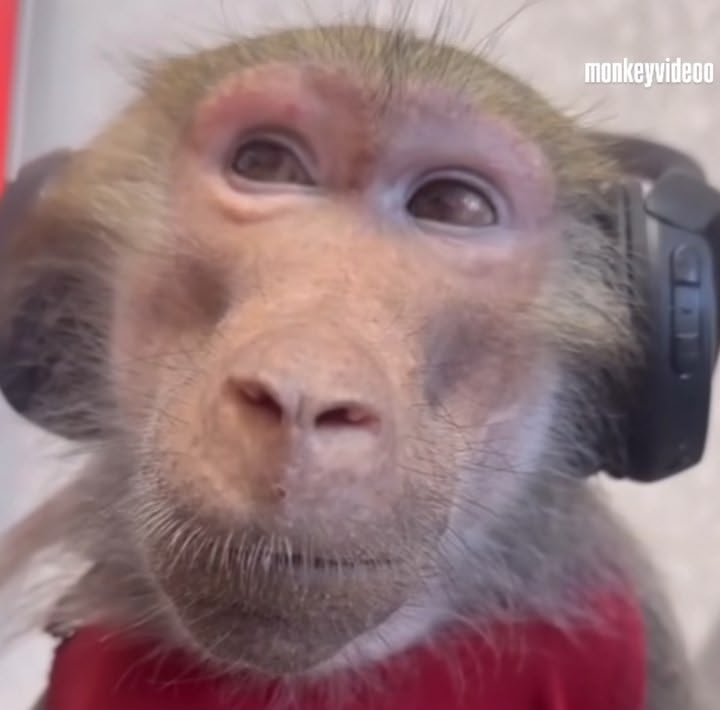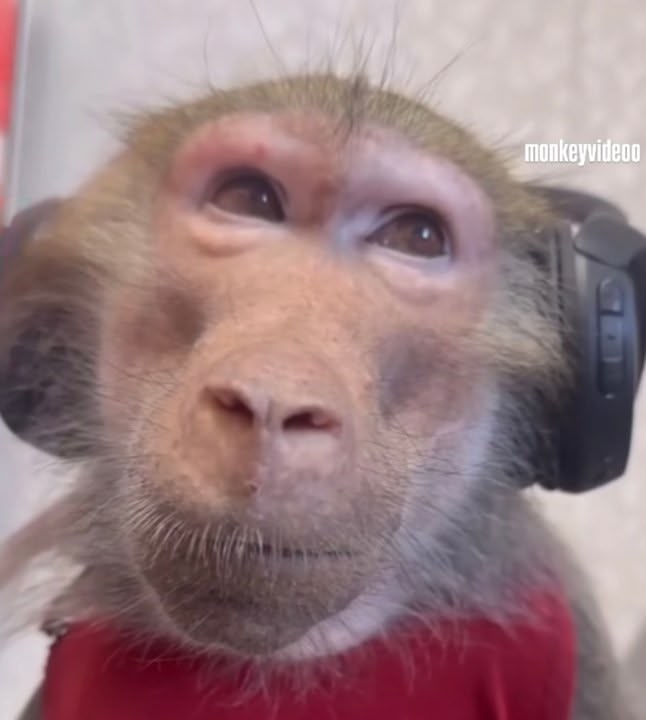The idea that dwarfs (or little people, a more inclusive term) need more naps than average-sized individuals is a myth or misconception rather than a scientifically established fact. However, if someone with dwarfism is experiencing fatigue or requires more rest, it could be related to medical conditions that are sometimes associated with dwarfism. Here's an explanation:
1. Energy Levels and Physical Strain
People with dwarfism may have conditions that place extra strain on their bodies. For instance, certain forms of dwarfism, like achondroplasia, can cause joint issues, muscle fatigue, or difficulty with physical mobility, which might lead to a need for more rest.
2. Associated Medical Conditions
Sleep Apnea: Some individuals with dwarfism, particularly those with conditions affecting their airways or skeletal structure, might experience sleep apnea, which can disrupt sleep quality and lead to daytime fatigue.
Chronic Pain or Arthritis: Common in individuals with certain types of dwarfism, these conditions can lead to increased tiredness due to the physical toll on their bodies.
3. Individual Variations
Like anyone else, the need for naps or extra rest varies widely among individuals with dwarfism based on their overall health, lifestyle, and daily activities.
4. Humor or Fictional Tropes
In popular culture or fairy tales (e.g., Snow White and the Seven Dwarfs), dwarfs are sometimes depicted as needing rest frequently. This portrayal is not based on reality but rather a whimsical narrative device.
1. Energy Levels and Physical Strain
People with dwarfism may have conditions that place extra strain on their bodies. For instance, certain forms of dwarfism, like achondroplasia, can cause joint issues, muscle fatigue, or difficulty with physical mobility, which might lead to a need for more rest.
2. Associated Medical Conditions
Sleep Apnea: Some individuals with dwarfism, particularly those with conditions affecting their airways or skeletal structure, might experience sleep apnea, which can disrupt sleep quality and lead to daytime fatigue.
Chronic Pain or Arthritis: Common in individuals with certain types of dwarfism, these conditions can lead to increased tiredness due to the physical toll on their bodies.
3. Individual Variations
Like anyone else, the need for naps or extra rest varies widely among individuals with dwarfism based on their overall health, lifestyle, and daily activities.
4. Humor or Fictional Tropes
In popular culture or fairy tales (e.g., Snow White and the Seven Dwarfs), dwarfs are sometimes depicted as needing rest frequently. This portrayal is not based on reality but rather a whimsical narrative device.
DownTheStreet · 56-60, M
Yeah
looking4thesun · M
No, they only need short breaks
novaguy2u · 70-79, M
@looking4thesun You beat me to the draw!🤣
DareToSayIT · 31-35, M
With shorter limbs they do more work to move the same distance. Their torso is relatively larger compared to their limbs. So probably depending on what they do.
Jenny1234 · 56-60, F
@SW-User he told me he needs to have lots of naps. It’s a small person thing apparently
MarineBob · 61-69, M
I will now identify as a dwarf
Shybutwilling2bfriends · 61-69
Short ones
Vandhana6633 · 36-40, F
Yes they do.
Jenny1234 · 56-60, F
@Vandhana6633 why?
Arnoldjrmmer · 56-60, M
Only the red ones
Guardian ·
Uhhh... Idk.... why?
OldBrit · 61-69, M
Going to have to repeat the same gags...
Only if they're Sleepy.
And.
Didn't know Snow White was your friend.
Boom Boom
Only if they're Sleepy.
And.
Didn't know Snow White was your friend.
Boom Boom
DonaldTrumpet · 70-79, M
U LookInGz FoRz somEZ smaLLZ PeoPLEZ actions hunZ?

SW-User
Snow-white is your friend ??
hunkalove · 70-79, M
Ask our beloved Bardy!
Only if they’re Sleepy.
[image/video deleted]
ElwoodBlues · M
Only while in stellar nurseries such as star forming nebulae


AndysAttic · 56-60, M
Depends if they are Sleepy or not.
Ask Snow White.
popmol · 26-30, M
Less naps because they require less energy. More naps because everything is twice the distance
Donotfolowme · 51-55, F
Dwarfism has nothing to do with sleep
@Donotfolowme Seriously?
Dwarfism itself is not directly linked to sleep issues, but certain forms of dwarfism and their associated conditions can affect sleep. Here's how:
1. Obstructive Sleep Apnea (OSA):
Individuals with some types of dwarfism, such as achondroplasia, are at higher risk for obstructive sleep apnea due to:
Smaller airways.
Skull and facial structure differences.
Enlarged tonsils or adenoids.
Sleep apnea can disrupt sleep, leading to fatigue, poor sleep quality, and other health issues.
2. Central Sleep Apnea:
In achondroplasia, changes in the structure of the base of the skull may compress the brainstem, which can interfere with the control of breathing during sleep.
3. Kyphosis or Scoliosis:
Spinal abnormalities, which can occur in various forms of dwarfism, may compromise lung function and contribute to breathing difficulties during sleep.
4. Hydrocephalus:
Some forms of dwarfism are associated with hydrocephalus (excess fluid in the brain). This condition can sometimes affect sleep by increasing intracranial pressure, which might lead to headaches or sleep disturbances.
5. Pain or Discomfort:
Joint pain, arthritis, or other orthopedic issues common in certain types of dwarfism may make it difficult to find a comfortable sleeping position, leading to disrupted sleep.
Dwarfism itself is not directly linked to sleep issues, but certain forms of dwarfism and their associated conditions can affect sleep. Here's how:
1. Obstructive Sleep Apnea (OSA):
Individuals with some types of dwarfism, such as achondroplasia, are at higher risk for obstructive sleep apnea due to:
Smaller airways.
Skull and facial structure differences.
Enlarged tonsils or adenoids.
Sleep apnea can disrupt sleep, leading to fatigue, poor sleep quality, and other health issues.
2. Central Sleep Apnea:
In achondroplasia, changes in the structure of the base of the skull may compress the brainstem, which can interfere with the control of breathing during sleep.
3. Kyphosis or Scoliosis:
Spinal abnormalities, which can occur in various forms of dwarfism, may compromise lung function and contribute to breathing difficulties during sleep.
4. Hydrocephalus:
Some forms of dwarfism are associated with hydrocephalus (excess fluid in the brain). This condition can sometimes affect sleep by increasing intracranial pressure, which might lead to headaches or sleep disturbances.
5. Pain or Discomfort:
Joint pain, arthritis, or other orthopedic issues common in certain types of dwarfism may make it difficult to find a comfortable sleeping position, leading to disrupted sleep.
Donotfolowme · 51-55, F
@FrogManSometimesLooksBothWays Oh I thought it's just the short height.. I had no knowledge of it. Thanks for sharing
Tumbleweed · F
@MsSwan matthewjames



























